A series of developmental sessions for academics and businesses wishing to further their understanding of KTPs will be taking place monthly Moving between Talbot and Lansdowne Campus.
Sometimes organisations can see an opportunity for growth, something that will supercharge their business, but they don’t quite know where or how to start. That’s when a Knowledge Transfer Partnership could help.
Imagine having a specialist graduate, post-graduate or PhD student working closely with an expert academic, focused solely on bringing your idea to life. And having the UK Government fund a large proportion of that work. Often heralded as the World’s best kept secret, Knowledge Transfer Partnerships (KTPs) turn 50 this year. That makes them the UK government’s longest running and most successful innovation funding programme, investing £50m each year in R&D projects across a full range of sectors and business sizes. And companies that participate in a KTP programme are shown to grow at an exponential rate.
As part of ongoing work to grow our KTP numbers and to coincide with their milestone birthday, we are hosting a series of developmental sessions for staff (and businesses) to debunk myths, provide insights, and forge connections. These will take place once a month between October 2024 and May 2025 on Wednesday afternoons.
With 1 – 1 bookable sessions afterwards with faculty Business Engagement and Knowledge Exchange Managers and KTA, Stephen Woodhouse:
Rachel Clarke (BUBS): rclarke@bournemouth.ac.uk
Finn Morgan (SciTech): fmorgan@bournemouth.ac.uk
Matt Desmier (FMC): mdesmier@bournemouht.ac.uk
Mary-Ann Robertson (HSS): mrobertson@bournemouth.ac.uk
Wednesday 23rd October, 1.00pm to 2.00pm, PG22 (Ground Floor Poole House)
Industrial Engagement – Finding partner businesses and growing your portfolio
https://www.eventbrite.co.uk/e/ktp-development-session-tickets-1040485047787
Wednesday 20th November, 1.00pm to 2.00pm, BG315 (Bournemouth Gateway Building)
Telling a compelling story: Developing a coherent and convincing KTP application
https://www.eventbrite.co.uk/e/ktp-development-sessions-tickets-1040509119787
Wednesday 18th December, 1.00 to 2.00pm, FG04 (Fusion)
Strategic planning: Aligning & communicating ambition – tools to ensure systematic design capture, encourage engagement and promote co-formulation of the project
https://www.eventbrite.co.uk/e/ktp-development-session-tickets-1040545909827
Wednesday 22nd January, 1.00pm to 2.00pm, F305 (Fusion)
Developing an evidence-led business case: Co-formulation of financial forecasts, risk analysis of differentiated growth, and identification of impact – persuading assessors
https://www.eventbrite.co.uk/e/ktp-development-session-tickets-1040559751227
Wednesday 19th February, 1.00pm to 2.00pm, BG315 (Bournemouth Gateway Building)
Public sector KTPs: Developing the ‘business case’ – Providing persuasive evidence of impact
https://www.eventbrite.co.uk/e/ktp-development-session-tickets-1041847191997
Wednesday 19th March, 1.00pm to 2.00pm, F105 (Fusion)
Fiduciary responsibility – Evaluation of company accounts, demonstration of financial strength, suitability of company finances & eligibility for KTP scheme
https://www.eventbrite.co.uk/e/ktp-development-session-tickets-1041848094697
Wednesday 23rd April, 1.00pm to 2.00pm, BG315 (Bournemouth Gateway Building)
Developing successful applications: Driving-up your success rate – Why some applications fail – examination of Competition assessments and feedback, Moderation Panels and results
https://www.eventbrite.co.uk/e/ktp-development-sessions-tickets-1041865918007
Wednesday 21st May, 10.00am to 11.00am, BG306 (Bournemouth Gateway Building)
The SHAPE of KTPs: Social sciences, Humanities and Arts for People and the Economy
https://www.eventbrite.co.uk/e/ktp-development-session-tickets-1043931606537
Wednesday 21st May, 1.00pm to 2.00pm, FG04 (Fusion)
The SHAPE of KTPs: Social sciences, Humanities and Arts for People and the Economy
https://www.eventbrite.co.uk/e/ktp-development-session-tickets-1041863651227
 On the last day of 2025 Dr. Chloe Casey appeared on Sky News in a piece with the heading ‘Nutrition key in new alcohol abuse rehabilitation scheme to fight addiction‘. The media coverage was for the project Nourish the New You which looks at the science behind how better nutrition can prevent relapses during withdrawal. Dr. Chloe Casey from Bournemouth University is working with the drug and alcohol charity We Are With You and the Friendly Food Club to deliver cooking courses. Chloe is Lecturer in Nutrition and Behaviour and she conducts her research in the Centre for Midwifery & Women’s Health (CMWH) in the Faculty of Health, Environment & Medical Sciences.
On the last day of 2025 Dr. Chloe Casey appeared on Sky News in a piece with the heading ‘Nutrition key in new alcohol abuse rehabilitation scheme to fight addiction‘. The media coverage was for the project Nourish the New You which looks at the science behind how better nutrition can prevent relapses during withdrawal. Dr. Chloe Casey from Bournemouth University is working with the drug and alcohol charity We Are With You and the Friendly Food Club to deliver cooking courses. Chloe is Lecturer in Nutrition and Behaviour and she conducts her research in the Centre for Midwifery & Women’s Health (CMWH) in the Faculty of Health, Environment & Medical Sciences.

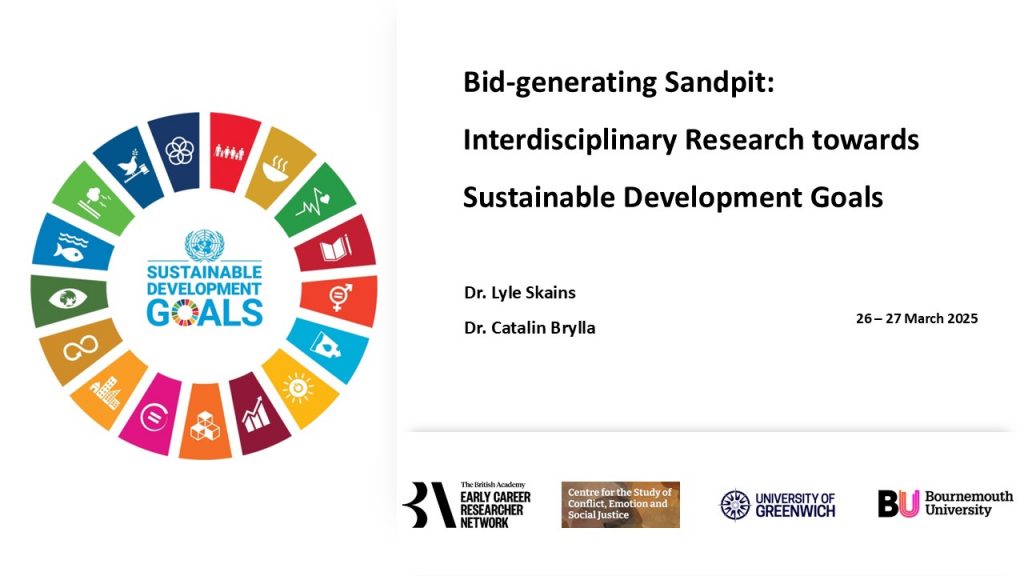
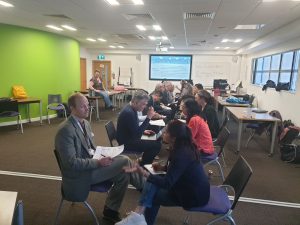
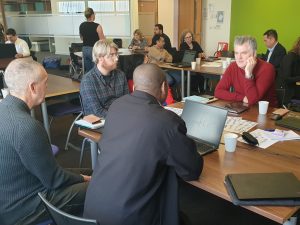
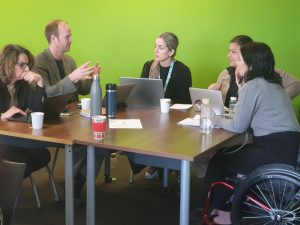
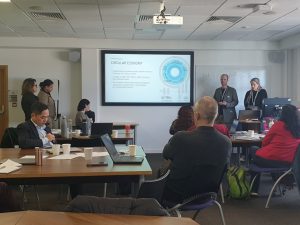
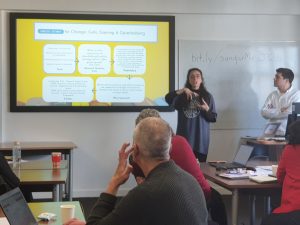
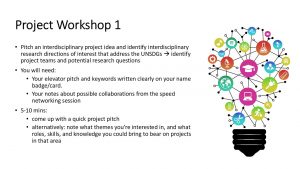
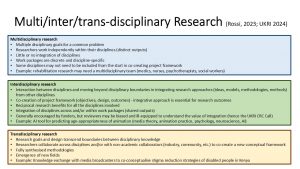

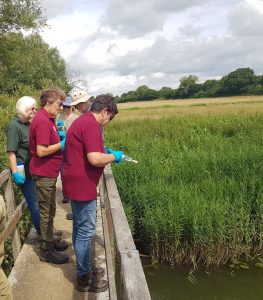
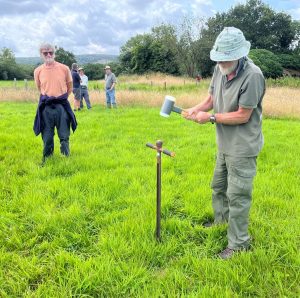
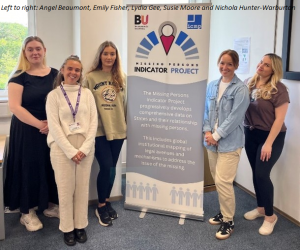
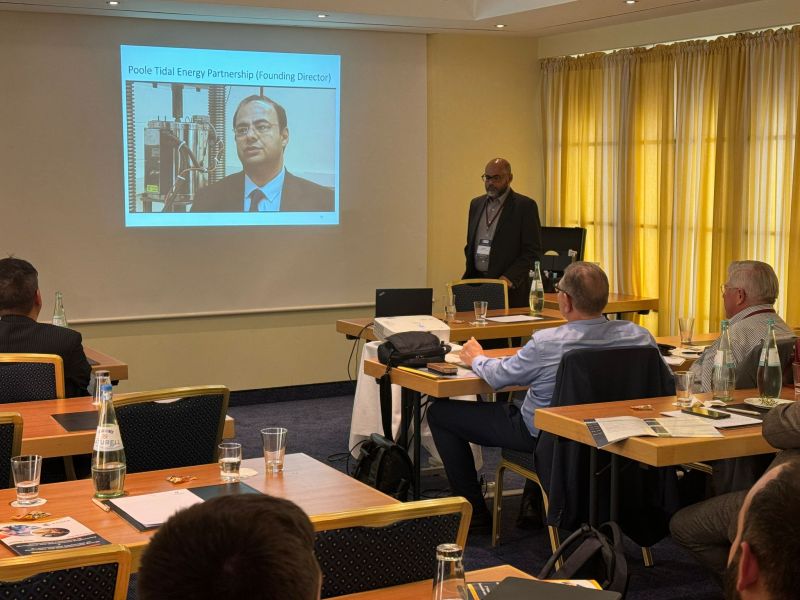








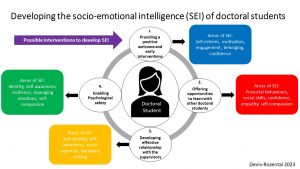











 Seeing the fruits of your labour in Bangladesh
Seeing the fruits of your labour in Bangladesh Exploring Embodied Research: Body Map Storytelling Workshop & Research Seminar
Exploring Embodied Research: Body Map Storytelling Workshop & Research Seminar Marking a Milestone: The Swash Channel Wreck Book Launch
Marking a Milestone: The Swash Channel Wreck Book Launch No access to BRIAN 5-6th February
No access to BRIAN 5-6th February ECR Funding Open Call: Research Culture & Community Grant – Application Deadline Friday 12 December
ECR Funding Open Call: Research Culture & Community Grant – Application Deadline Friday 12 December MSCA Postdoctoral Fellowships 2025 Call
MSCA Postdoctoral Fellowships 2025 Call ERC Advanced Grant 2025 Webinar
ERC Advanced Grant 2025 Webinar Update on UKRO services
Update on UKRO services European research project exploring use of ‘virtual twins’ to better manage metabolic associated fatty liver disease
European research project exploring use of ‘virtual twins’ to better manage metabolic associated fatty liver disease